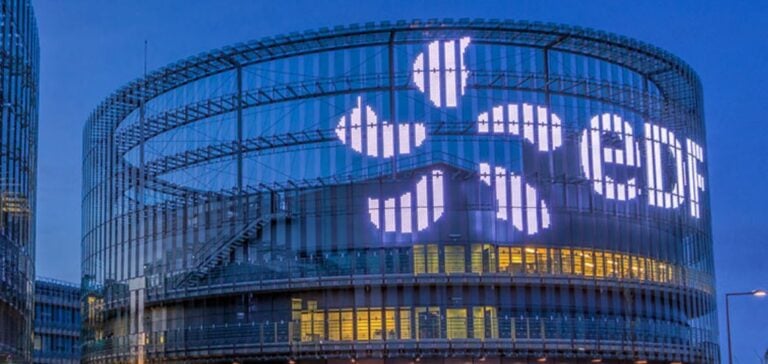French utility EDF has announced a major redesign of its small modular reactors (SMRs). After four years of development, EDF has abandoned its in-house innovations in favor of proven technologies. This decision was prompted by the demands of potential customers, including Vattenfall, CEZ and Fortum, who were looking for guarantees on costs and deadlines. While EDF has abandoned its SMR design project, other French companies are investing in this field, such as start-up Jimmy, which has initiated the authorization process for France’s first SMR.
These potential customers are also investing in third-generation nuclear reactors, and are keen to ensure that SMR costs, levelled at between 70 and 100 euros per megawatt-hour, don’t slip. By relying on proven technologies, EDF hopes to offer a more reliable and economically viable solution.
Meeting market requirements
According to an internal source at Nuward, the EDF subsidiary in charge of SMRs, abandoning in-house innovations and adopting existing technologies should make the project technically and economically feasible. EDF has confirmed that this reorientation will enable it to develop a design based on “proven technological building blocks”, thus increasing the project’s chances of success.
This new strategy comes after a report by L’Informé revealed technical difficulties in the initial design of SMRs by EDF. To avoid budget overruns and delays, EDF plans to collaborate with other companies or use commercially available technologies.
Impact on Schedule and Budget
Nuward had originally planned to bring its SMRs to market in the 2030s. However, this design revision could impact the deployment schedule, although no details have been provided on possible additional costs or delays.
EDF had received state subsidies to support innovation in the development of its SMRs. The company has also signed agreements with several European companies to develop SMRs alongside traditional large-scale reactors. The aim of this collaboration is to strengthen EDF’s position in the SMR market while meeting investors’ expectations.
In short, EDF is adjusting its SMR development strategy to ensure technical and economic feasibility, thus meeting market and investor expectations while maintaining its ambition to deploy these reactors in the coming decades.






















